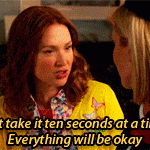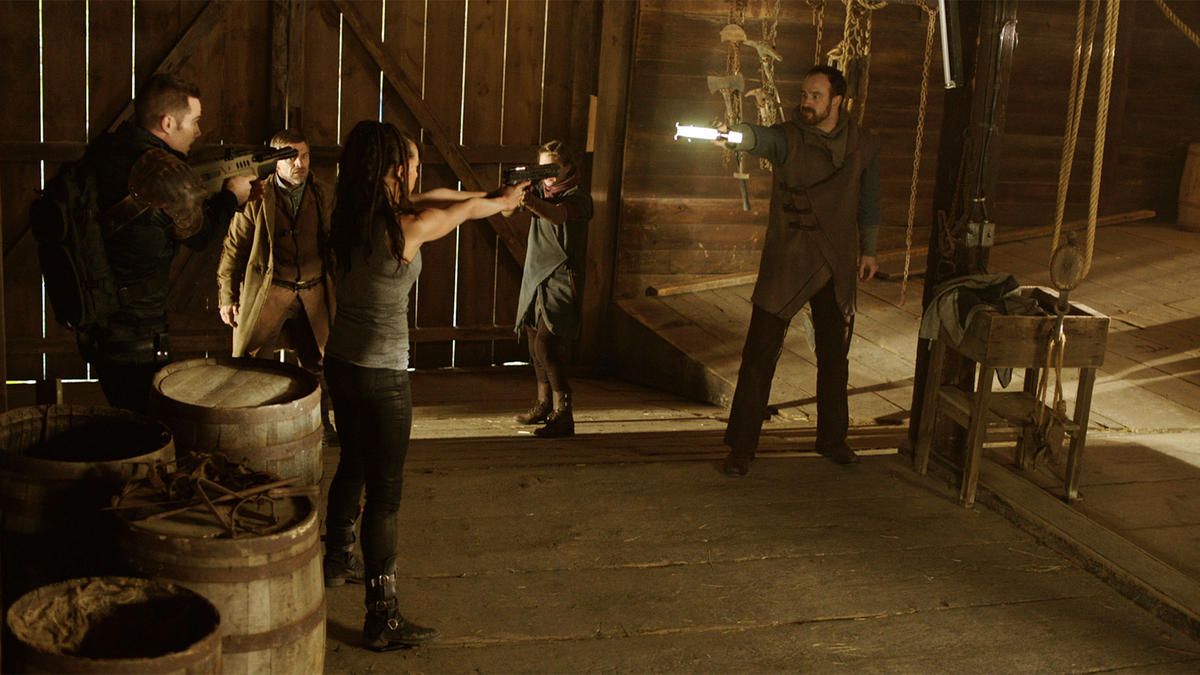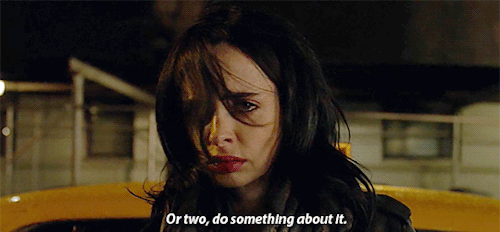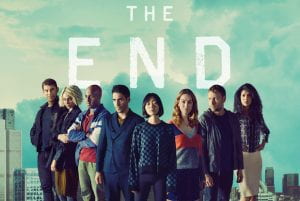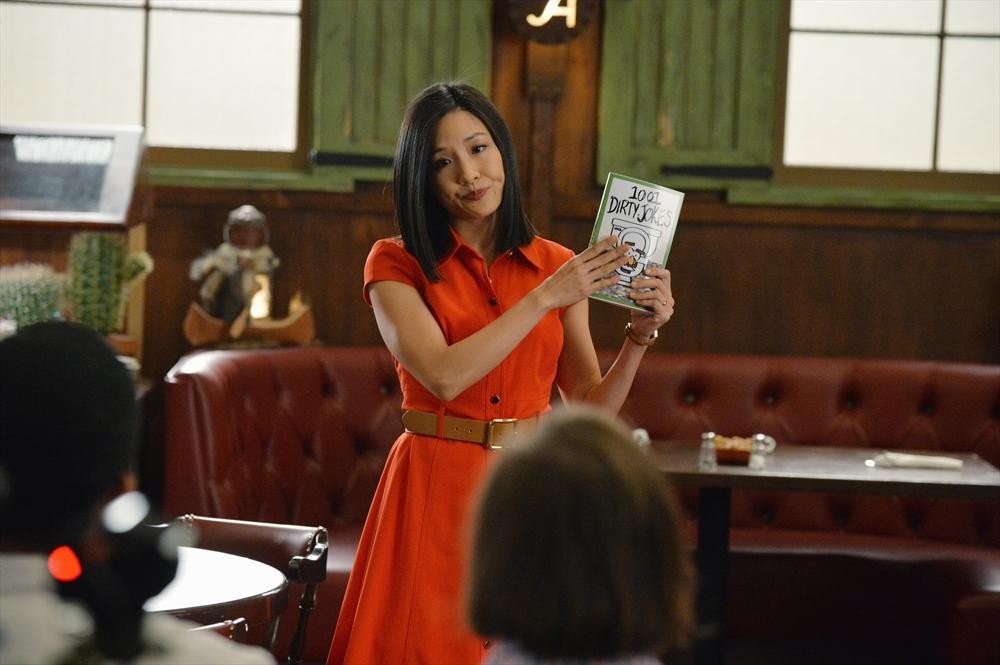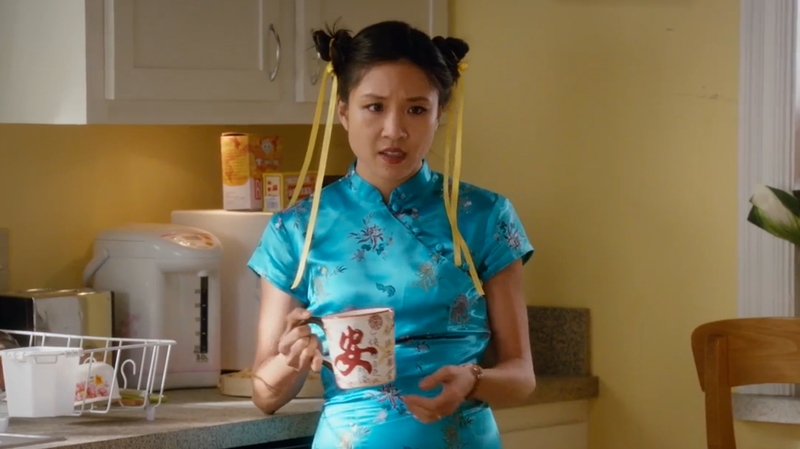For my final post, I figured I’d review what I thought the show was trying to tell us overall. I began my blog talking about the themes of the show, and progressed to talk about the role of gender in the show. Because I did these heavy- hitting topics towards the beginning of my blog, I feel that it could be useful to revisit now that I’ve seen more and been able to have a clearer idea of how these review topics have influenced the overall meaning of the show.

look back at it
The show revolved around central abstracts like feminism, gender roles, family dynamics, and immigration. The show was first aired in primetime in the slot directly following Modern Family, a telling fact which I missed in earlier reviews. This shows the audience that they were targeting as set up by the viewers of Modern Family and can indicate the style the show follows. Both shows are a little sarcastic, comedic, family-friendly sitcoms with adult twists here and there to keep it interesting for the adult viewers. They are overall family friendly but make a point to revolve around key social issues like homosexual marriage, mixed families, immigration, women’s roles, and more. This pattern holds their target audience and is extended through the show’s presence on the online streaming network Hulu. The show wants to have its audience but make its point too.

yes, you can be both fully Asian and fully American
Fresh off the Boat normalizes and brings down to earth characters which challenge the norm. The main female lead is very much in control of her family and leads her husband in many ways, being a strong-willed yet feminine and sweet character. The father is an Asian-American immigrant who is pursuing the American Dream. These characters border on satirizing the norms of American culture and bring to light the ‘melting pot’ aspect of American culture in a positive and endearing way. This results in not only a huge following but also a meaningful one which reflects that these ideas will have an effect on mainstream culture with its audience.




